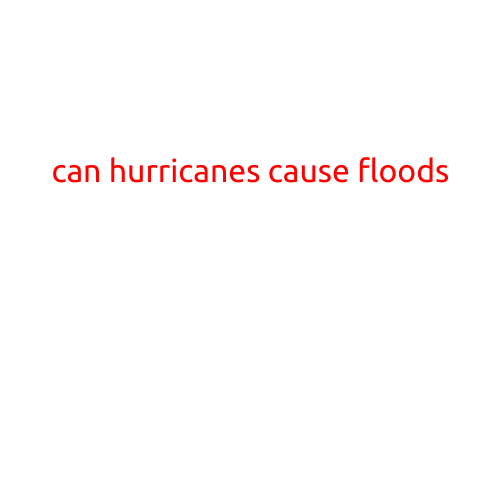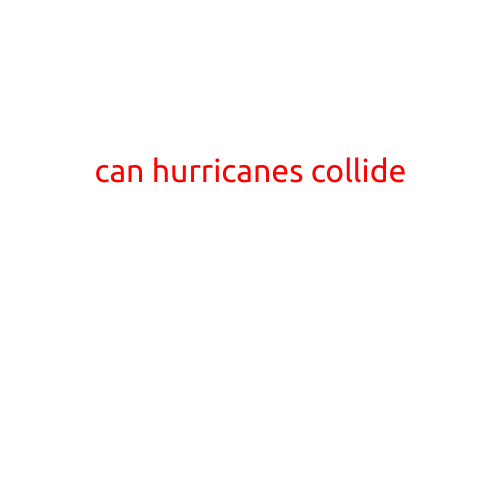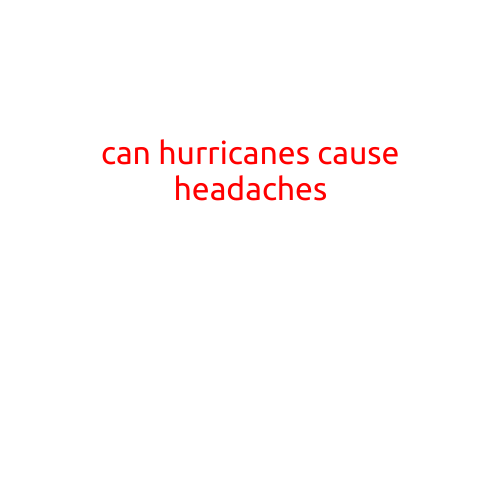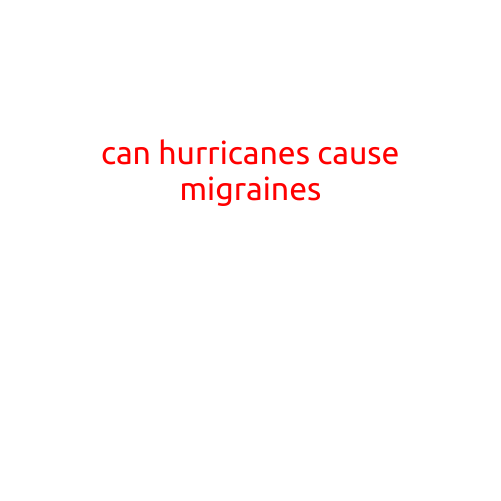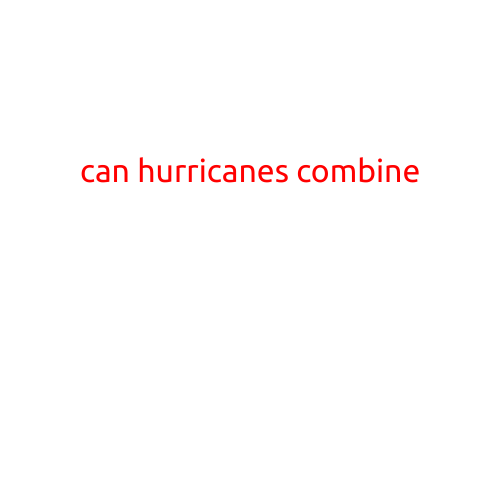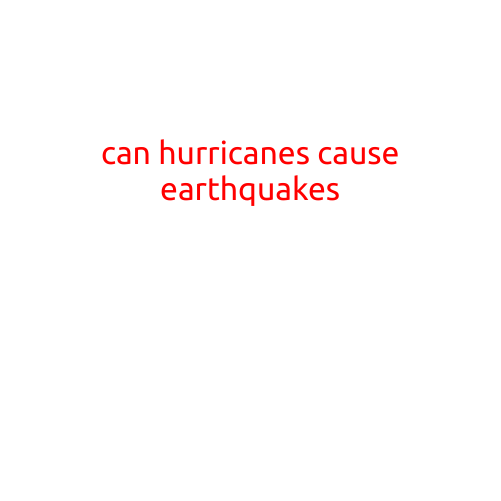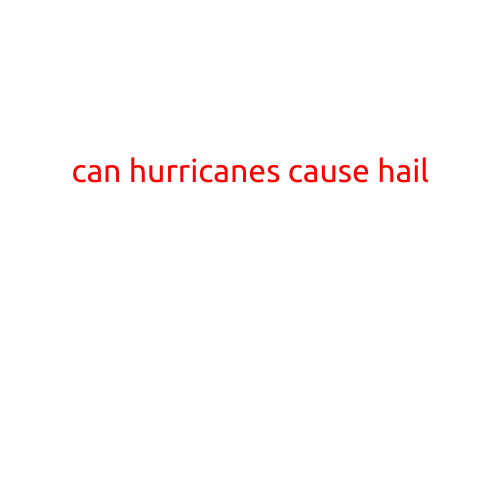
Can Hurricanes Cause Hail?
Hurricanes are powerful storm systems that can bring catastrophic wind damage, flooding, and storm surges to affected areas. While hurricanes are often associated with heavy rain and strong winds, they can also produce other types of severe weather phenomena, including hail. But can hurricanes really cause hail?
Understanding Hail Formation
Hail forms when updrafts in thunderstorms carry water droplets up into the freezing levels of the atmosphere, where they freeze into small balls of ice. This process occurs when the conditions are just right, with warm air at the surface and cold air above. Hail can range in size from pea-sized to golf ball-sized or even larger.
Can Hurricanes Produce Hail?
While hurricanes are not typically associated with hail, it is possible for them to produce hail under certain conditions. Here are a few scenarios where hurricanes could produce hail:
- Tropical Cyclone Interaction with Wind Shear: When a hurricane interacts with strong wind shear, it can create areas of rotation within the storm. If the wind shear is sufficiently strong, it can cause the updrafts within the storm to ascend high enough to reach the freezing levels of the atmosphere, leading to hail formation.
- Eye Wall Helicity: The eye wall of a hurricane is an area of intense thunderstorm activity, characterized by strong updrafts and downdrafts. If the conditions are right, these updrafts can carry water droplets up into the freezing levels of the atmosphere, forming hail.
- Outer Rain Bands: The outer rain bands of a hurricane can produce strong updrafts and downdrafts, which can lead to hail formation if the conditions are right.
Evidence of Hurricanes Causing Hail
While hail is not a common occurrence in hurricanes, there have been instances where hail has been reported during these storms. For example:
- In 2019, a rare hail storm hit parts of Louisiana and Texas during Hurricane Barry.
- In 2017, hail was reported in areas of Texas and Oklahoma during Hurricane Harvey.
Conclusion
While hurricanes are not typically associated with hail, it is possible for them to produce hail under certain conditions. The scenarios outlined above, including tropical cyclone interaction with wind shear, eye wall helicity, and outer rain bands, can lead to hail formation within hurricanes. If you live in an area prone to hurricanes, it’s essential to stay informed about the latest forecast and weather conditions, not just for wind and rain, but also for potential hail events.
Sources:
- National Hurricane Center (NHC) - https://www.nhc.noaa.gov/
- National Weather Service (NWS) - https://www.weather.gov
- American Meteorological Society (AMS) - https://www.ametsoc.org
